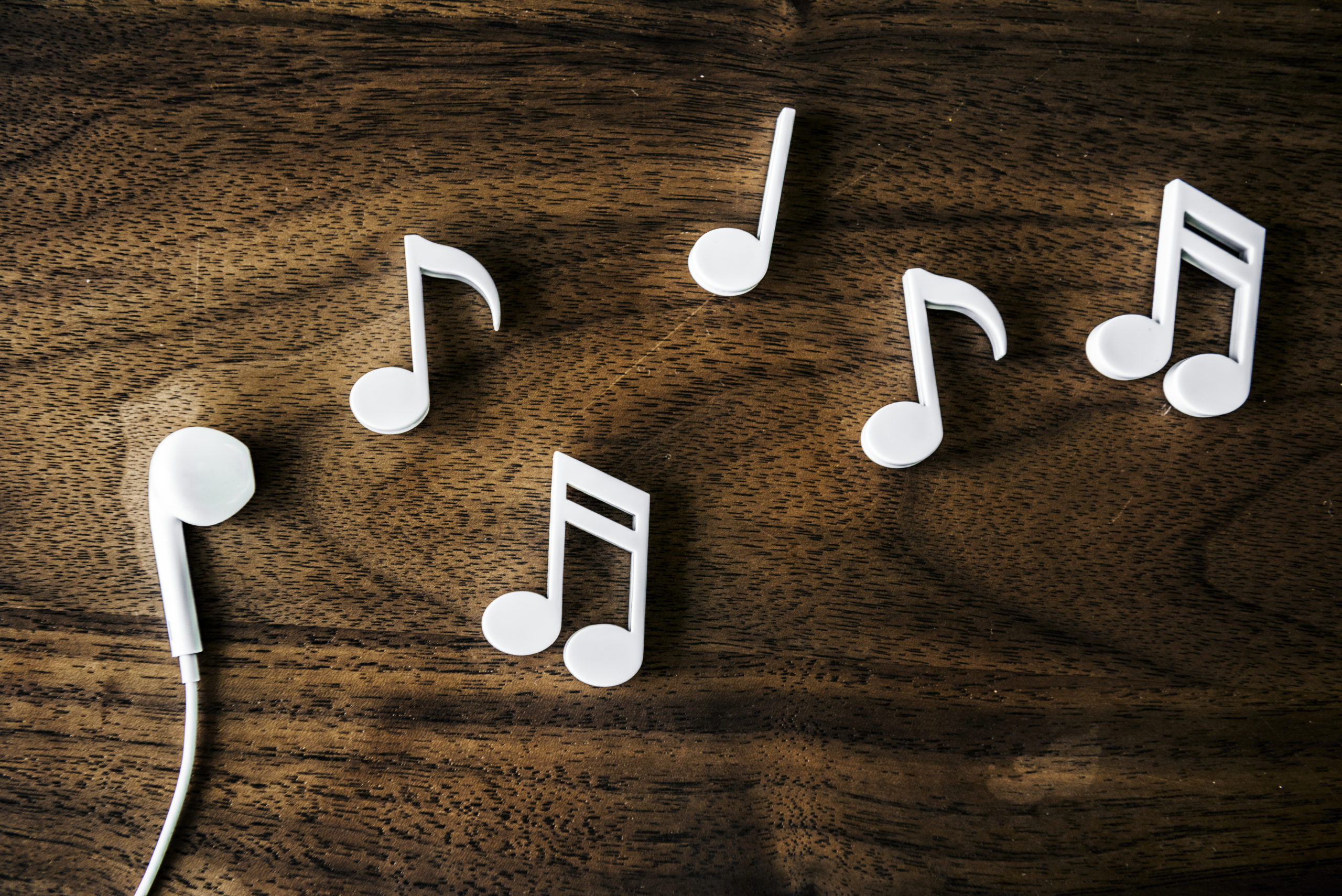A growing body of research suggests music has a positive impact on the quality of life for seniors. One study published in the journal Psychology and Aging, for example, found that adults who participated in music classes showed significant improvements in their physical function, mental health, and overall quality of life.
Studies have also shown that music can help improve seniors’ memory and cognitive function. Overall, there is a significant amount of evidence that suggests that music has several benefits for seniors, including improved physical function, mental health, and emotional wellbeing. Let’s take a closer look at music and the impact that it can have on senior adults.
Music and the Quality of Life

No matter how old you are, many experts believe that music can positively impact the overall quality of life. For older adults, music has been shown to help improve mood, cognitive function, and communication skills. This is likely because music can promote positive emotions, such as happiness, relaxation, and contentment.
As people age, they experience many changes that disrupt their way of life. Even for those who are very independent and don’t require care, life will change with age. Music is a great way to help maintain some sense of normalcy and promote a quality lifestyle. Music is also a great way to help the elderly relieve stress and anxiety. It can help them relax and calm down, which can be especially helpful for older adults struggling with dementia or Alzheimer’s disease.
Ultimately, music benefits for older adults vary from person to person. However, experts agree that music can positively impact the overall quality of life.
Music and Emotions

Numerous reports suggest that music has a positive effect on the emotions of seniors. For example, a study by the University of Utah found that seniors who listened to music reported feeling happier and more energetic than those who didn’t listen to music. Another study found that listening to music for just 10 minutes a day was enough to reduce anxiety levels in older adults.
Music can also be a great way to socialize with others and can help older adults feel more connected to their community. For example, many seniors enjoy attending live music concerts, and music can also be a great way to connect with friends and family members online. As a result, many facilities, such as the senior living community in Gibsonia, PA, incorporate music and musical entertainment to help support residents.
Music Choices for Seniors
There is no doubt that music enhances the quality of life for seniors. It can provide a sense of purpose and can be a great form of companionship. Music can also be a form of therapy for many older adults, providing both mental and physical benefits. Music has been shown to improve cognitive function, help with memory recall, and reduce the risk of dementia. It can also help reduce stress levels and promote relaxation. In addition, music can help to improve circulation and breathing and can even help to reduce pain levels.
Choosing the right type of music is important for seniors. Depending on their preferences and moods, they may prefer classical, country, jazz, or rock music. Musc can bring back a sense of nostalgia and help older adults feel better. Music in Mississippi, for instance, has a long history related to several genres of music. From the birthplace of gospel music to the founding of delta blues, visiting these musical places with older parents or friends or helping them listen to this music can do a lot for their health and wellbeing.
Music has been found to have a plethora of benefits for the elderly, including improving their quality of life, reducing stress levels and anxiety, and aiding with memory. Listening to music for just a few minutes a day can create positive change for any older adult.


